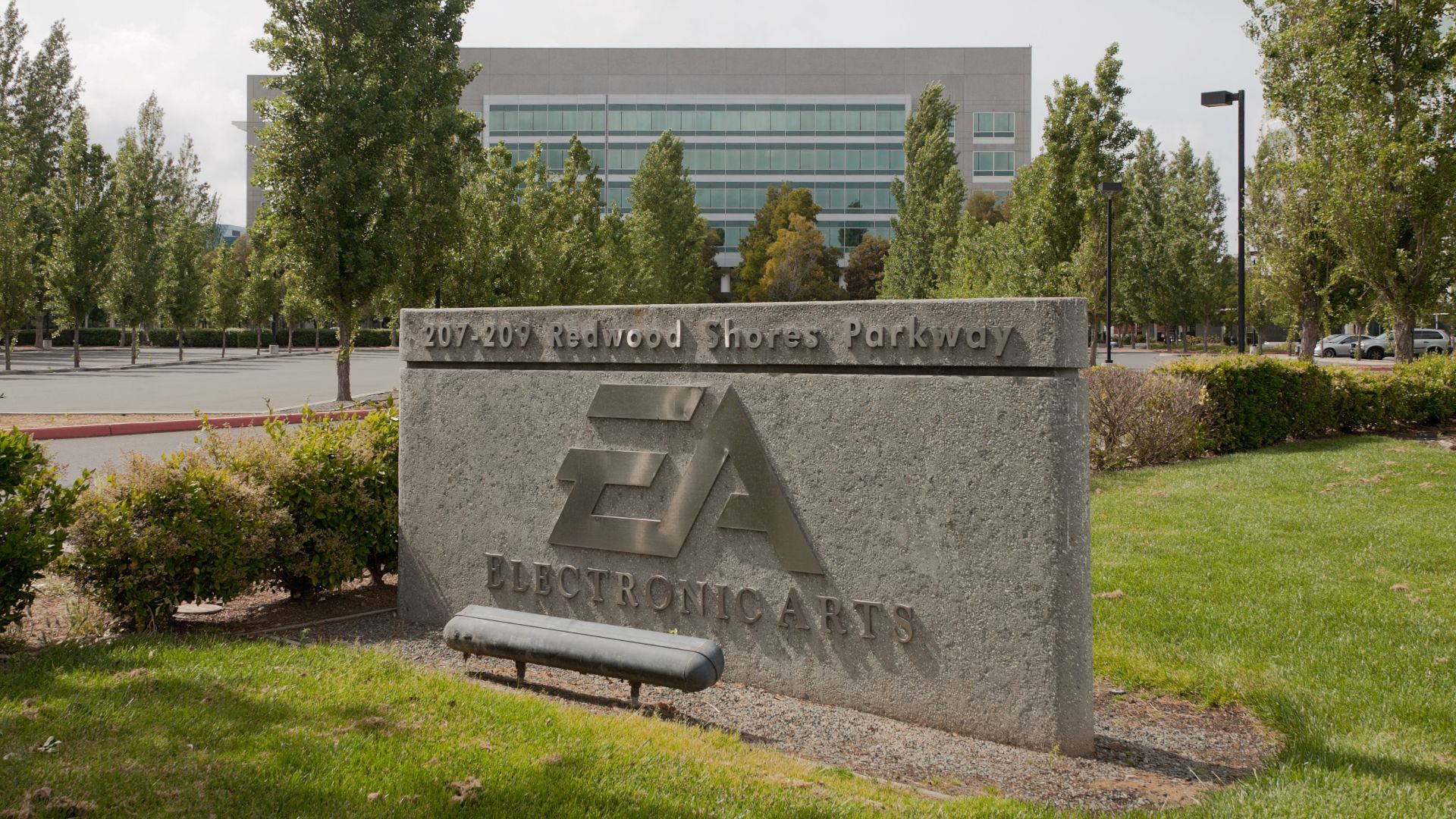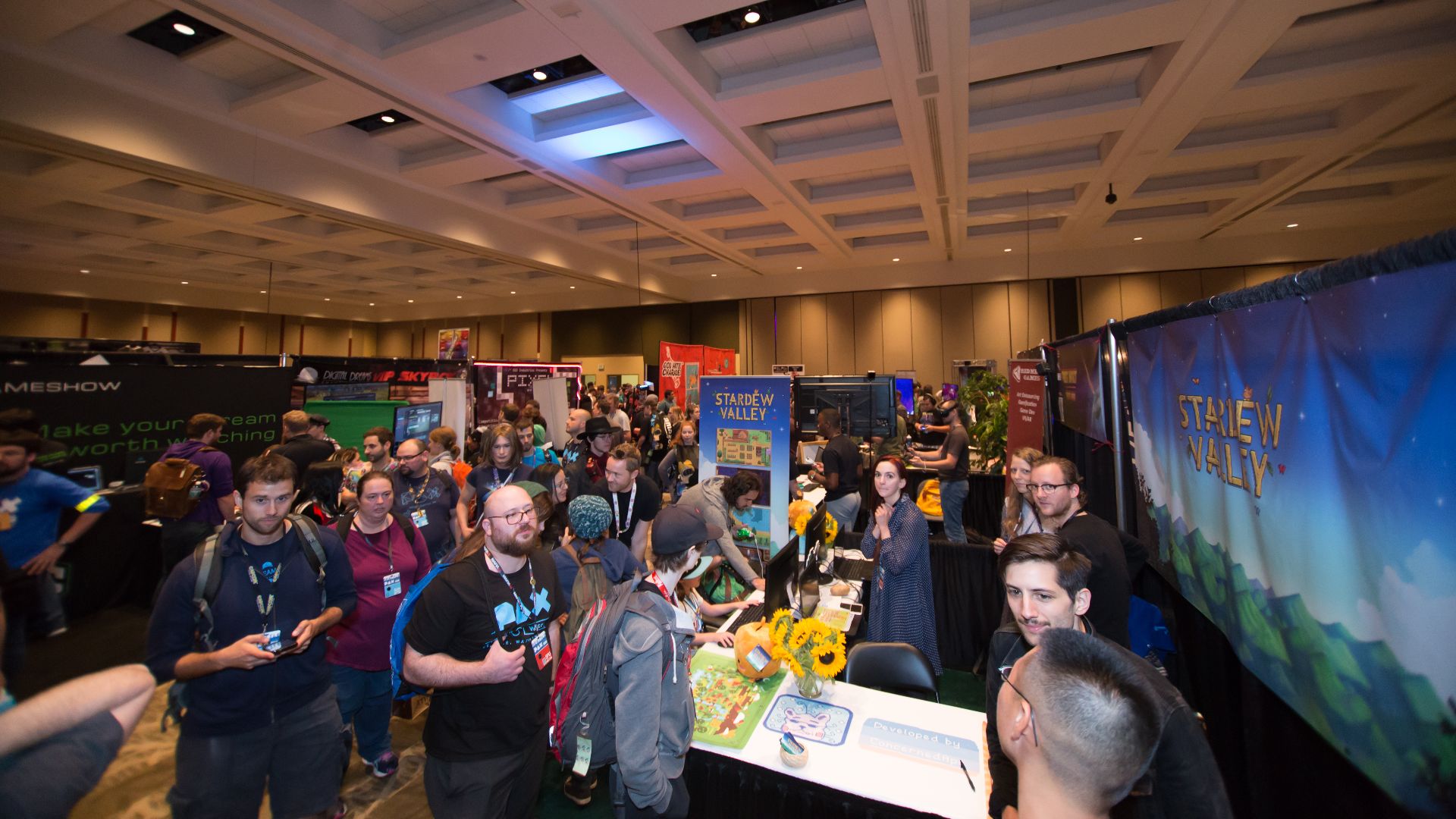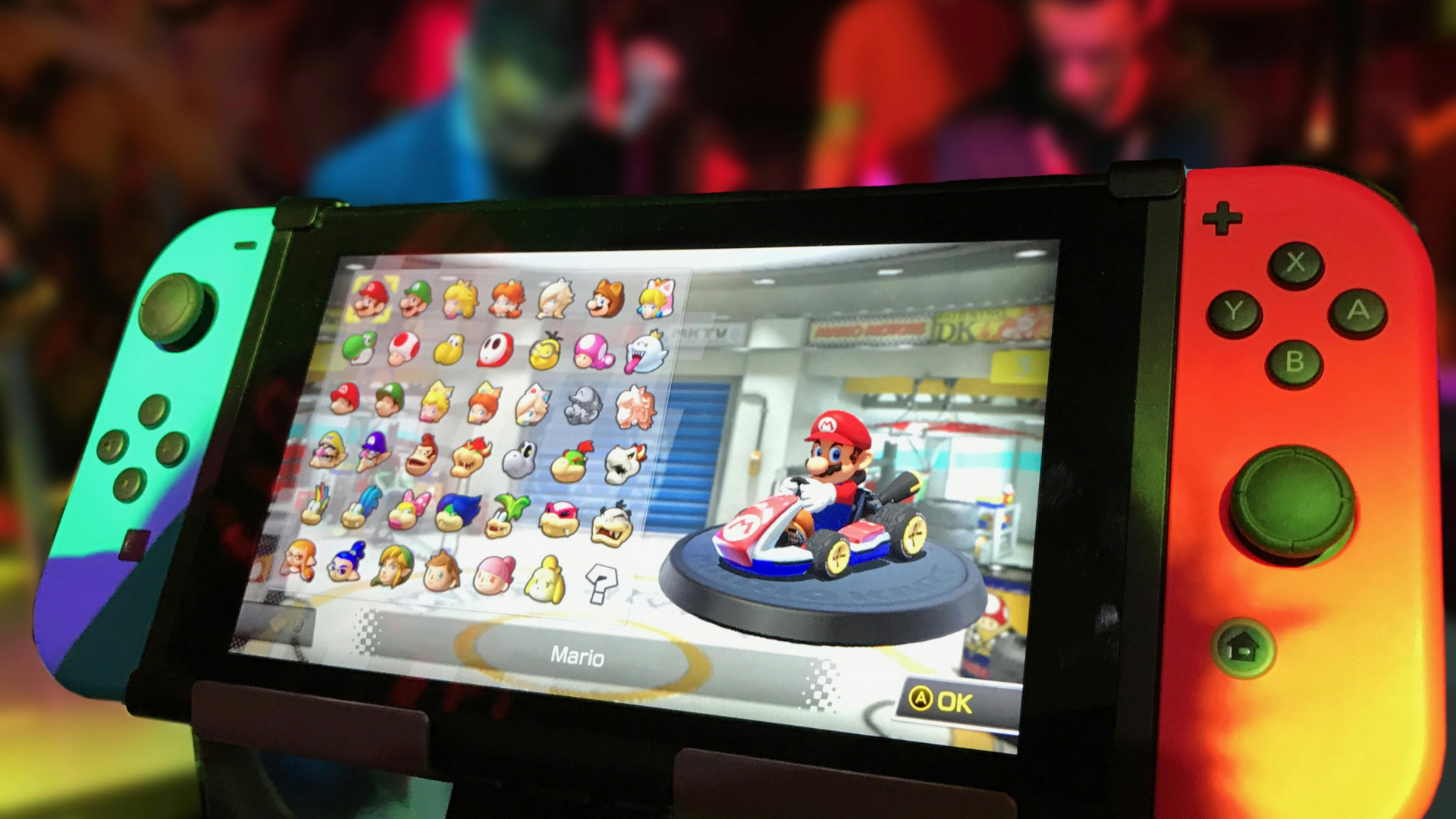How Triple AAA Developers Dropped The Ball And Why Smaller Companies Are Picking Up The Pieces
How Triple AAA Developers Dropped The Ball And Why Smaller Companies Are Picking Up The Pieces
In the gaming industry, the label “AAA” (Triple-A) refers to big-budget titles from major publishers—games with cinematic trailers, sprawling teams, and massive marketing pushes. Think of Call of Duty or Cyberpunk 2077.
These games were meant to define generations. Yet, over the past decade, that glittering image has cracked. Ballooning budgets and broken launches have left players disillusioned. Meanwhile, smaller developers have stepped up with originality.
So what went wrong—and who’s doing it better? Let’s dig in.
Why AAA Studios Lost Their Grip
1. Budgets That Broke The Ceiling
Producing a major game now often costs $150 to $250 million, rivaling Hollywood blockbusters. With that kind of money at stake, every release becomes a gamble. That pressure filters down to the developers, who are pushed to meet deadlines or cut content just to ship something “good enough.” You can feel the strain in every buggy release and delayed patch.
2. Creativity Crushed By Safety Nets
When billions are on the line, studios stop innovating. Instead of risks, they double down on sequels and recycled mechanics. Players notice. The “wow” moments fade, replaced by familiar formulas designed to please investors rather than excite audiences.
3. Crunch Culture And Burnout
Behind the glossy trailers, teams endure punishing crunch hours to meet release dates. That exhaustion shows in the final product. Long development cycles breed over-complication and fatigue, leaving even talented teams drained before launch.
4. Players Finally Pushed Back
Gamers grew tired of paying $70 for half-finished titles. Frustration over microtransactions, preorders, and day-one patches turned loyalty into skepticism. A “good enough” game is no longer good enough. The audience expects better, and rightfully so.
Why Smaller Studios Are Seizing The Moment
As the giants stumble, smaller teams are proving that agility beats scale. They operate with lean budgets and creative freedom that’s all but extinct in the corporate environment. Their secret weapon? Passion.
Less Money, More Magic: Without shareholder pressure, they can take risks, explore strange mechanics, or tell stories that AAA studios wouldn’t dare green-light.
Closer to Players: Indie developers talk directly to fans through Discord and social media, responding to feedback in real time.
Speed and Soul: Their games often feel handcrafted rather than mass-produced, giving players something genuine instead of algorithmically tested.
Titles like Hades, Stardew Valley, and Celeste prove that heartfelt storytelling and smart design can eclipse the biggest marketing budgets.
The Future: Smaller Sparks, Bigger Fires
The lesson is clear: bigger doesn’t always mean better. As AAA developers wrestle with rising costs and waning trust, smaller studios are quietly redefining success. They remind players that innovation doesn’t require spectacle—just authenticity and imagination.
Next time you scroll through the digital store, skip the hype for a moment. The next game that truly moves you might not come from a skyscraper in Tokyo or Los Angeles—but from a small team somewhere with a big idea and the guts to chase it.









